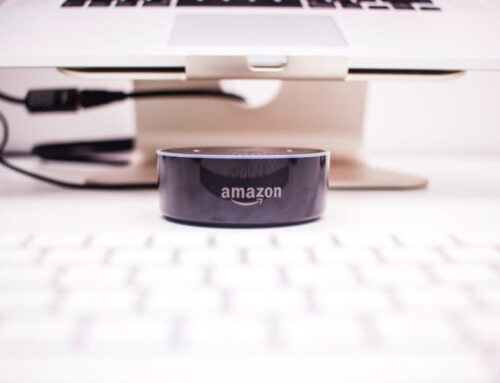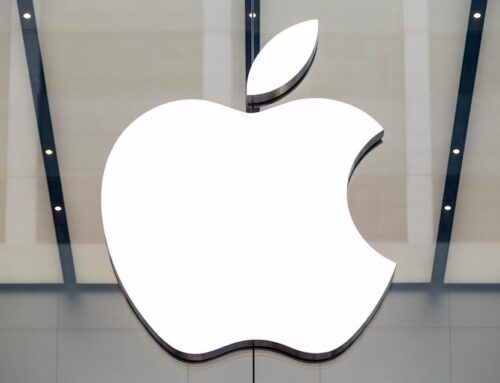Mark Zuckerberg’s day in court highlights one of the tech industry’s inconvenient truths
April 15, 2025
Suited in variations of blue, Mark Zuckerberg took the stand Monday to defend his company’s past—and fight for its future.
The CEO of Meta, Zuckerberg has helmed the company that began as Facebook for more than 20 years. Over the last decade, he’s had to defend his business in Washington, D.C. plenty of times before, from the 2018 Cambridge Analytica hearings to the 2021 Congressional hearings focused on disinformation.
But arguably, these are the highest stakes Zuckerberg has faced so far, because what’s on trial is fundamental: The composition of his sprawling, $1.35 trillion market cap business.
The FTC has sued Meta, arguing that the social media giant’s acquisitions of Instagram and WhatsApp more than a decade ago were anti-competitive tactics to eliminate rivals. If Meta loses the case, it could be forced to divest the two apps. The case, which has its roots in the first Trump administration and was carried on by Biden FTC Chair Lina Khan, has travelled a long and winding docket (it was initially dismissed and then refiled) to finally make it to trial—with Zuckerberg as the first witness.
While FTC lawyer Daniel Matheson argued that “consumers do not have reasonable alternatives” to Facebook, Instagram, and WhatsApp, Zuckerberg made the case that Meta’s market is far bigger (and more competitive) than the government suggests. On the stand, Zuckerberg dismissed the idea that Facebook was centered on friends, and said that the company had become “more of a broad discovery and entertainment space.”
This case, of course, is far bigger than Meta. On some level, it’s existential for the tech landscape as a whole—at least, when it comes to how the industry currently operates. Whether or not the FTC’s claims about Meta’s anticompetitive motives are correct, the underlying business practice—a tech giant swallowing up an innovative startup—is the way the tech ecosystem has been structured to function, and to reward its various participants, over the past several decades.
For startups, especially those with limited IPO prospects, dreams of a Big Tech exit have been dim for the last several years—and under the Trump administration, investors and entrepreneurs have been eagerly waiting for M&A to roar back to life.
There is some evidence that has been happening—take, for example, Google’s blowout acquisition of Wiz for $32 billion, announced in March and the largest deal in the search giant’s history. And some in Meta’s camp are no doubt holding out hope that Trump will step in and pressure the FTC to settle the case with Zuckerberg (Meta has certainly been lobbying the President).
But the reality is this: If Meta loses this trial, the Big Tech dealmaking that was beginning to thaw is very likely to freeze back over, affecting the whole ecosystem. For startups, the hopes of exiting to a tech giant will appear grimmer, and liquidity-starved VCs will continue to see exits stall while LPs grow increasingly impatient for returns.
Again, none of this is to excuse or condone the monopolistic market concentration that may have been created over time. But given the incentives that are currently built into tech, it does remain natural for giants to look for innovation by acquiring startups.
Zuckerberg is expected to take the stand again on Tuesday, and when he does, he won’t just be making the case for his company. He’ll be making the case for Big Tech M&A being allowed to return to its longstanding modus operandi—for better, or for worse.
This story was originally featured on Fortune.com
Terms and Privacy Policy
Search
RECENT PRESS RELEASES
Related Post




